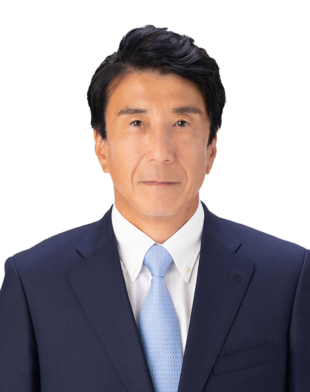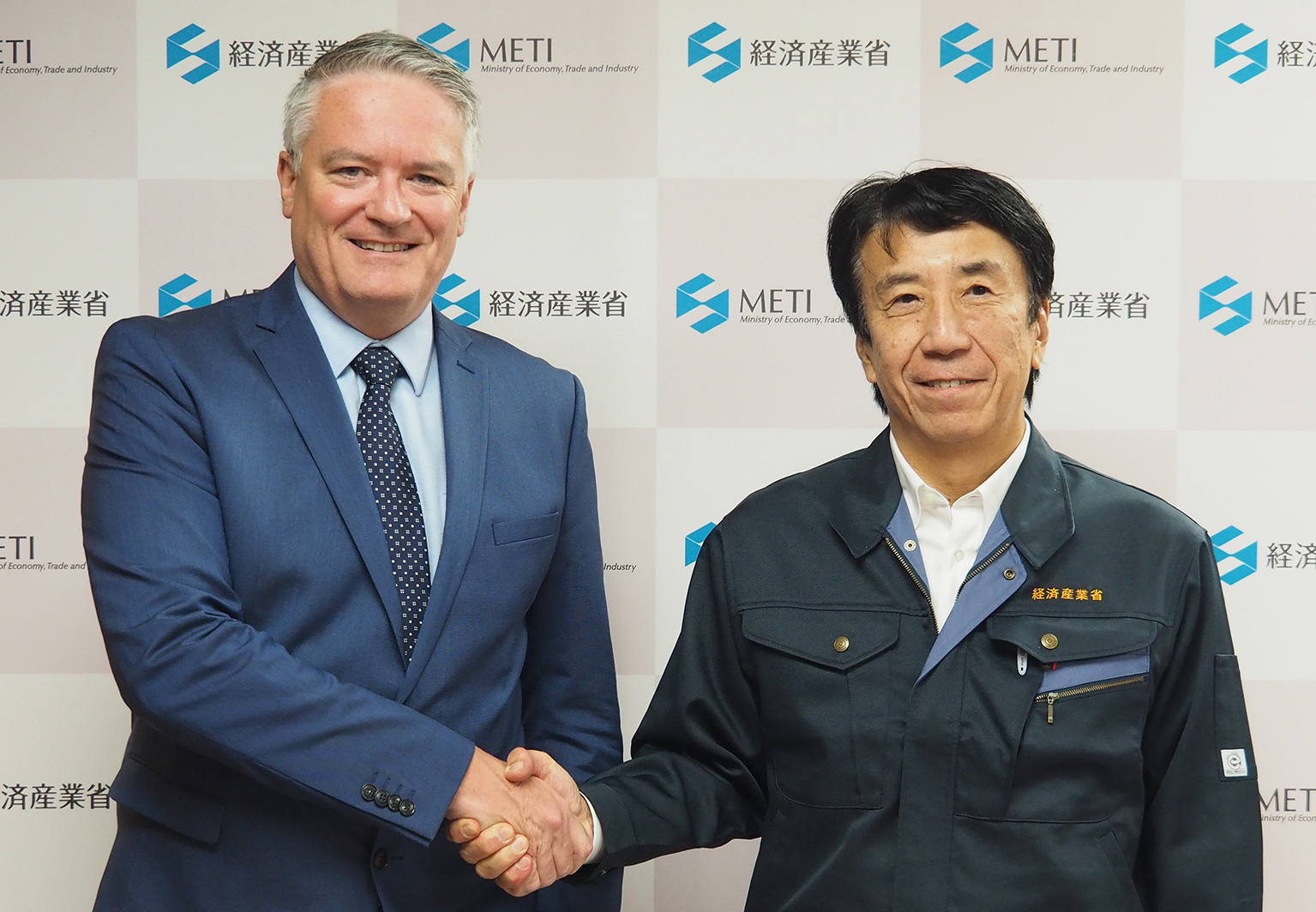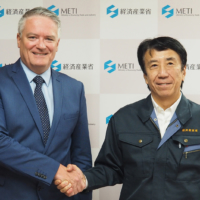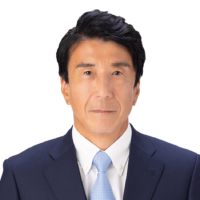In the historic year 2024, which marks the 60th anniversary of Japan’s accession to the OECD, Japan will chair the OECD Ministerial Council Meeting (MCM) under the theme “Co-creating the Flow of Change.” I will be there, along with Prime Minister Fumio Kishida, to discuss economic resilience and promoting free trade and investment to accelerate sound economic growth, among other issues, with the countries concerned.

Sharing common values such as liberalism, respect for human rights, democracy and the rule of law, the OECD serves as a global standard-setter for the formation of international rules. During Japan’s G7 presidency last year, the content and outcomes of discussions in the areas of trade; climate, energy and environment; and digital and technology had significant synergy with the OECD, and we often referred to OECD analysis and research in those discussions. For example, in the area of trade, the OECD provided the basis for the discussions on ensuring a level playing field and on digital trade. Moreover, in the G7 trade ministers’ meeting in Osaka-Sakai, Secretary-General Mathias Cormann shared the OECD’s views and analysis on supply chain resilience and on trade and sustainable development, which contributed to proactive discussion among G7 ministers.
Today, the international economic order is undergoing major transformations. While the importance of global trade and investment has not diminished, we must face the reality that geopolitical risks, market-distortive measures and weaponization of economic dependencies by some countries, among other factors, are creating a negative spiral that is encouraging protectionism among countries. In addition to maintaining and developing a rules-based global trading system, we must pursue a “new way” of designing a global market based on common principles by promoting coordination of industrial policies with other countries. As minister of economy, trade and industry, I would like to discuss these issues and boldly tackle the challenges at the OECD Ministerial Council.
The OECD also contributes to ensuring a level playing field by disseminating OECD standards to emerging economies through outreach to international forums such as the Group of 20 and APEC. For example, in digitization, which is one of the most pressing issues, Japan worked proactively to create a common understanding on digital trade rules and establish principles on government access in the OECD to realize the concept of “data free flow with trust” (DFFT). At last year’s G7 digital and tech ministers’ meeting in Japan, the ministers agreed to establish the Institutional Arrangement for Partnership (IAP) for the operationalization of DFFT at the OECD, and future efforts of the partnership will be discussed at this year’s MCM.
In particular, we believe that the OECD’s outreach to Southeast Asia, the world’s pre-eminent growth center, is important for Japan and the world to realize “co-creation,” in which countries with common values create the future together. The Economic Research Institute for ASEAN and East Asia, an international organization established under Japan’s leadership to conduct practical policy research and recommendations to promote East Asian economic integration, provides expert knowledge on the Southeast Asian region to the OECD under a memorandum of understanding with the OECD. The institute also assists Indonesia in coordinating its accession to the OECD. The OECD accession process involves many domestic challenges, but Japan has been able to promote many domestic reforms that have led to its rapid growth since joining the OECD. For the sake of Southeast Asian countries, I will continue to actively contribute to the discussions on their accession to the OECD.





